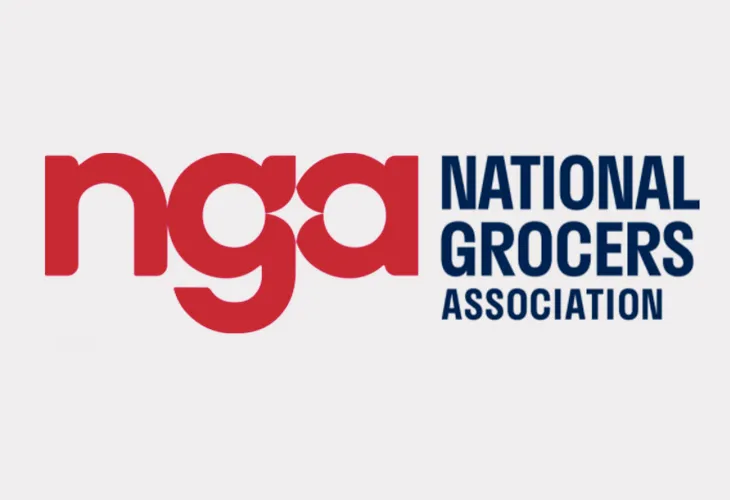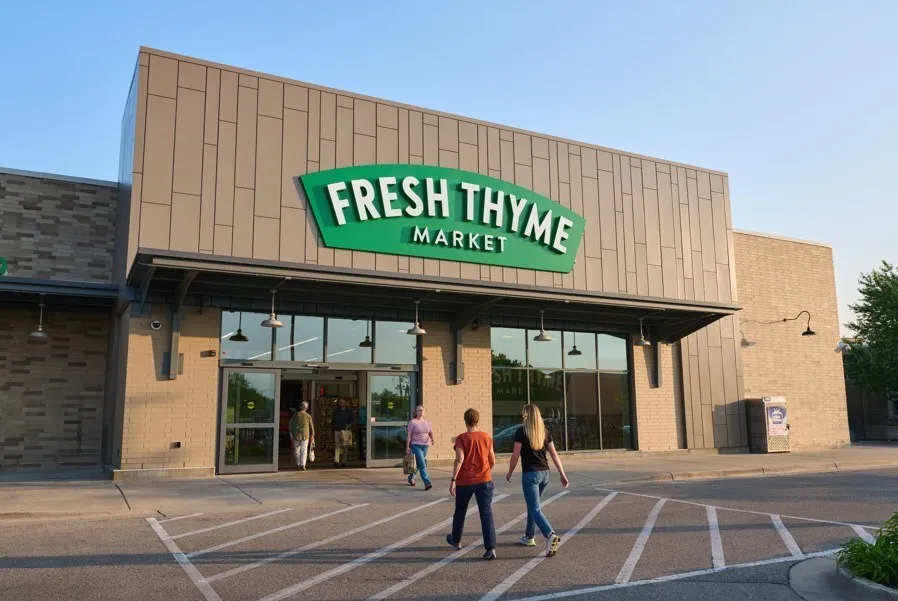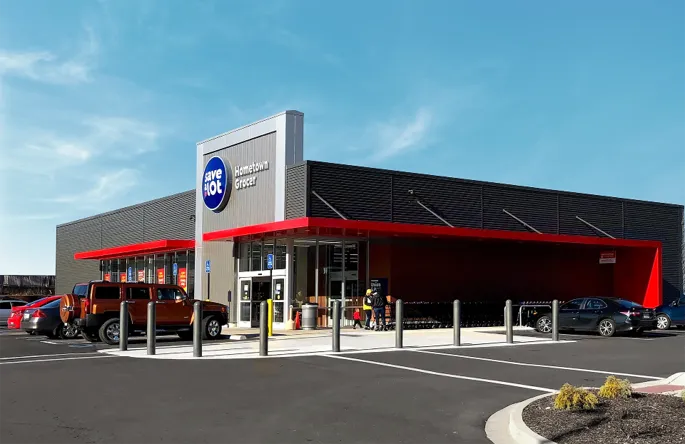WASHINGTON – On behalf of the National Grocers Association (NGA), an independent community grocer from rural Georgia shared his experience and the direct impact the national formula shortage is having on his community with a U.S. House committee hearing.
 Confusion and fear, alongside panic-buying and government red tape, are among the effects of the nation’s shortage of infant formula, Michael Gay, owner and manager of Food Fresh in Claxton, Ga., testified Wednesday during “The Infant Formula Crisis,” a hearing convened by the U.S. House of Representatives Committee on Appropriations’ Subcommittee on Agriculture.
Confusion and fear, alongside panic-buying and government red tape, are among the effects of the nation’s shortage of infant formula, Michael Gay, owner and manager of Food Fresh in Claxton, Ga., testified Wednesday during “The Infant Formula Crisis,” a hearing convened by the U.S. House of Representatives Committee on Appropriations’ Subcommittee on Agriculture.
“Independent community grocers play an essential role as the private partners in the public-private partnership of WIC [Special Supplemental Nutrition Program for Women, Infants and Children],” Gay, who owns the only grocery store in Evans County, Ga., in southeastern Georgia about an hour west of Savannah, told the committee. “But as it exists today, WIC is very burdensome for participating vendors and is dominated by red tape and regulations that make it difficult for retailers to offer the program.”
WIC’s rigid rules have made it difficult for the program to be responsive to critical shortages throughout the pandemic as well as the formula crisis, Gay asserted. “I often have not had enough formula for a mom to fill her prescription when she comes into the store. While Georgia will be implementing electronic WIC in the coming months, currently, families are still using paper vouchers to access their WIC benefits in stores. If a mom comes to my store with a prescription for four cans of formula, and I only have two cans on the shelf, she can only get two cans for the month because she must turn in her prescription voucher with her purchase. She cannot return later to purchase the other two cans,” he testified.
To create a more efficient product substitution process, Congress should grant flexibility to WIC vendors operating during severe supply shortages, disasters or public health emergency areas by permitting substitution for certain WIC-authorized items that are unavailable, Gay testified. “There is also a significant need for USDA to examine the long-term effects of cost containment, competitiveness and peer grouping formulations for WIC vendors. … cost-containment measures have led to reduced retailer reimbursement and reduced retailer participation in the program, leading to fewer locations for families to access formula.”
Additionally, the WIC infant formula cost-containment measures have led to extreme consolidation in the formula marketplace, leaving it highly vulnerable to supply disruptions like the one currently playing out, he added.
“We want to work to maintain our strong existing public-private partnership with the WIC program and continue to serve our rural and urban families and babies. We hope to work with you to improve the WIC program and increase access to infant formula for both families and retailers,” Gay concluded.










